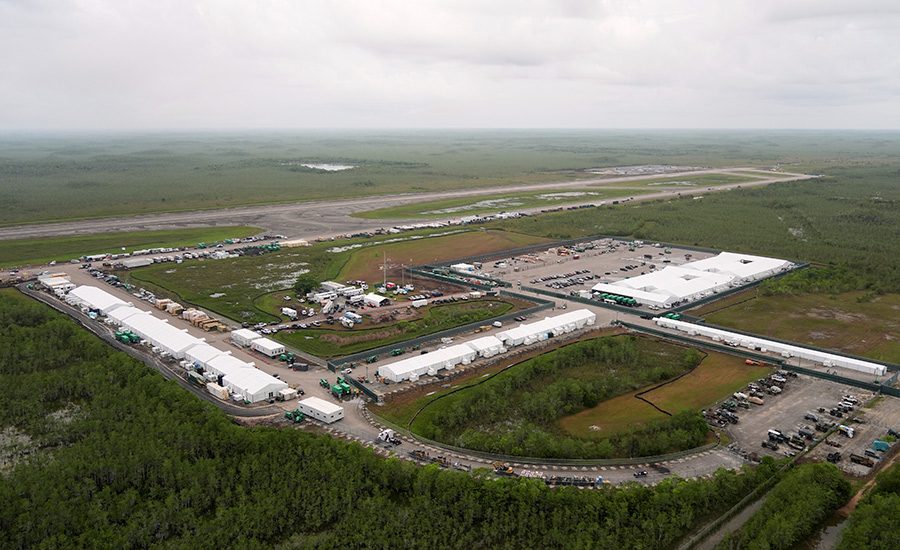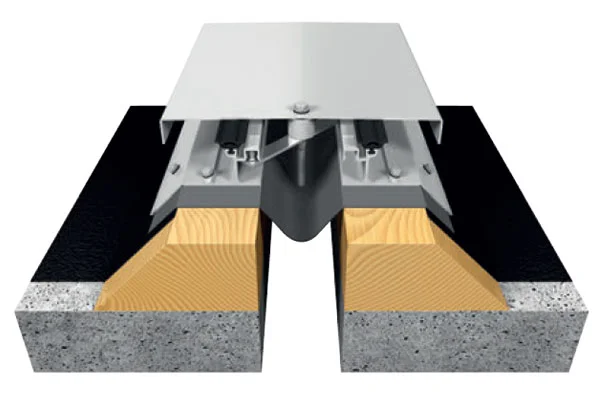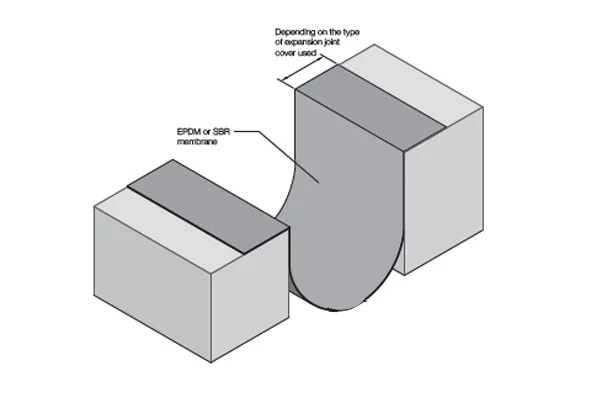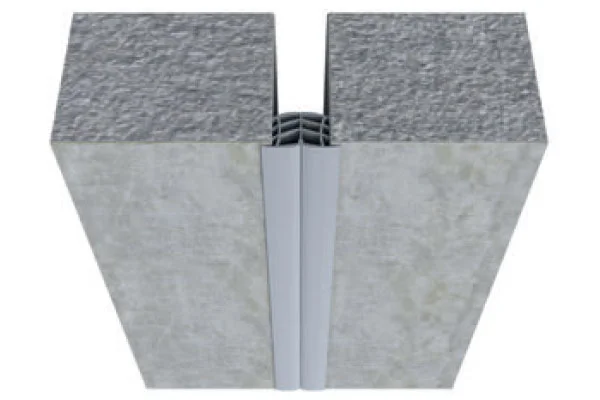
In an expected action Aug. 21 in an ongoing legal battle, a federal district court in Miami ruled that the Florida state government must halt further construction of the so-called “Alligator Alcatraz,” its hastily built migrant detention facility in the Everglades, and remove operating infrastructure within 60 days.
In a preliminary injunction, Judge Kathleen Williams said Florida rushed the facility forward without any mandated federal environmental approvals despite its sensitive location. Florida claimed that as a state facility, federal environmental review didn’t apply, but the judge noted statements from state officials that it was set to receive as much as $450 million in U.S. funding for expansion and operation.
“The [state] consulted with no stakeholders or experts and did no evaluation of the environmental risks and alternatives,” she said in the decision, violating the National Environmental Protection Act. Williams highlighted “significant evidence … that the facility’s construction was requested and fully funded by the federal government.” The ruling expanded a temporary restraining order she issued Aug. 7.
Florida Gov. Ron DeSantis said the state is appealing the court action to the federal appeals court in Atlanta, but it remains disputed if and how the detention center will still operate. Several days before the ruling, DeSantis and other Florida officials confirmed the state now is building a second detention center in a former prison near Jacksonville that could open in several weeks. Details of federal funding were not disclosed.
“We’re not going to be deterred,” DeSantis said in comments to media.
RELATED: What to Do About Immigrant Construction Workers Under Siege
Williams ordered removal of all “generators, gas, sewage and other waste [infrastructure] installed to support this project,” as well as lighting and fencing. Her ruling also halts detainee transfers to the Florida facility that the Trump administration claimed was set to hold up to 3,000 on 960 acres of developed area.
The detention site had been the Dade-Collier Training and Transition Airport west of Miami within the Big Cypress National Preserve and close to Everglades National Park—once planned as a major jetport but halted in 1970 by restrictions imposed by the National Park Service and opposition by environmental advocates.
According to the ruling, runoff and wastewater discharge from Alligator Alcatraz pose a threat to the water supply of the Miccosukee Tribes, whose members live within a few miles. Court-reviewed plans and photos also indicated that facility operation has so far resulted in about 800,000 sq ft of land paved and the installation of industrial lighting that impacted the night sky up to 30 miles away. The Tribe, as well as advocacy groups Friends of the Everglades and Center for Biological Diversity brought the current legal challenge against the facility.
The court decision “sends a clear message that environmental laws must be respected by leaders at the highest levels of our government—and there are consequences for ignoring them.” said Eve Samples, executive director of Friends of the Everglades, in a statement.
‘Deportation Depot’?
The announced north Florida detention site, which state officials are calling “Deportation Depot,” would be built at the Baker Correctional Institution about 43 miles west of downtown Jacksonville in Sanderson, Fla., with plans to hold 1,300 detainees and potentially expand to 2,000. They estimated a $6-million construction cost but did not confirm contractor selections. DeSantis said previously that the new facility would be sited at a Florida National Guard training area outside Jacksonville.
According to local media, officials have not commented publicly on the status of future payments to private contractors hired for Alligator Alcatraz construction and operations work. A public database stated a contracted total of $245 million or more.
Earlier this month, the U.S. Dept. of Homeland Security announced new efforts with states—including Indiana and Nebraska, mentioned in recent department announcements—that support the Trump deportation policy to expand detention space that may or may not require new construction. Funding for up to 80,000 new beds has been included in the enacted federal budget reconciliation bill.
The administration aims to double the number of U.S. detention beds to 107,000, according to a detailed plan obtained by the Washington Post in an Aug. 15 report.








